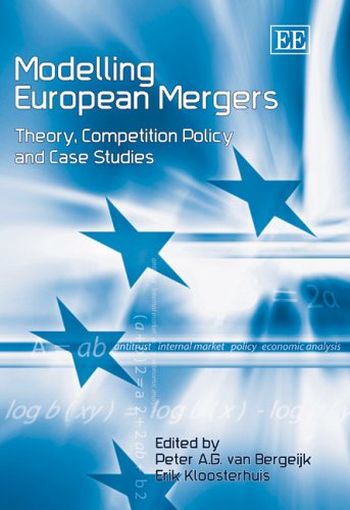
"Modelling European Mergers" presents a comprehensive and fresh perspective on the economic analysis of mergers by leading academics and competition policy-makers from Europe and the US. The book frankly discusses the pro's and con's of using applied game theory models in merger control from a historical and theoretical perspective. Seven case studies on the actual use of advanced techniques and models in legal procedures provide a perspective from the national competition authorities in Belgium, Denmark, Italy, The Netherlands, and Sweden on markets that range from basic goods such as bread and aperitifs to complex products such as electricity, literature, and software. The case studies provide many insights into practical issues such as data collection, procedures and errors of predication, as well as in the relative merits of different econometric approaches. A recurring theme of the book is how economic insights can be translated into convincing legal decisions. The contributions cover a broad spectrum of markets, methods and countries and the contributors offer incisive reflection on the increasing use of economics in competition policy. This unique book is a thorough transatlantic discussion of academic and policy insights combined with applications based on actual decisions. It will appeal to legal and economic professionals who deal with and advise on mergers and acquisitions whether they be in a ministry, central bank or competition authority setting. Scholars and students interested in analysing markets, law and economics, industrial organization and applied econometrics will also find much to interest them in this work.